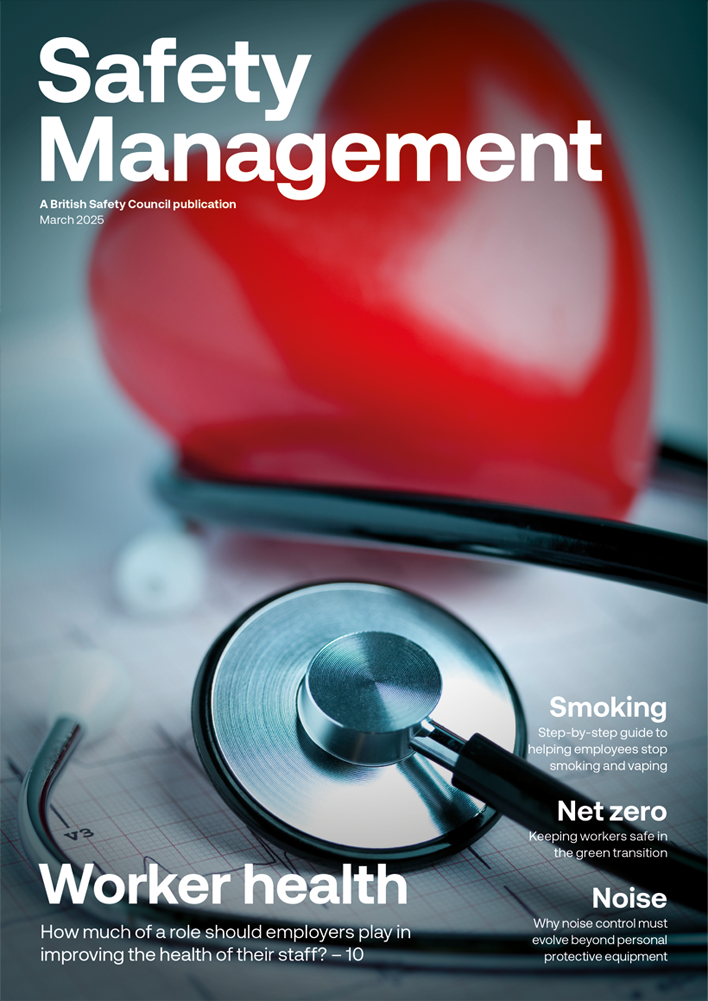The number of people in Great Britain who reported suffering work-related ill health fell slightly in 2023/24, compared with the previous year, but work-related fatalities and non-fatal injuries were both up, according to the latest annual statistics from the Health and Safety Executive (HSE).
News
Work-related ill health improved slightly in 2023/24 but deaths and injuries rose, HSE data shows
Data released on 20 November by HSE revealed that 1.7 million workers reported they were suffering from work-related ill health in 2023/24 – down a fraction from the 1.8 million figure for 2022/23. An estimated 776,000 of those illnesses related to stress, depression or anxiety, representing a drop of almost 100,000 compared with 2022/23.
 Photograph: iStock/sorn340
Photograph: iStock/sorn340
HSE’s statistics showed that an estimated 33.7 million working days were lost to work-related ill health or injury in 2023/24, compared with 35.2 million in the previous corresponding period.
However, the number of work-related fatalities increased to 138 in 2023/24 from 136 the previous year, as reported by Safety Management earlier this year. The 2023/24 fatalities figure is provisional at this stage and will be finalised by July 2025, said HSE.
The data also revealed that 604,000 workers reported via the Labour Force Survey that they had sustained a non-fatal injury in the workplace in 2023/24 – up from 561,000 in 2022/23. The figure reported by employers under RIDDOR (Reporting of Injuries, Diseases and Dangerous Occurrences Regulations) was considerably lower at 61,663.
“Today, Great Britain is one of the safest places in the world to work but these statistics serve as a reminder that there is still room for further improvement, and we remain committed to ensuring people remain safe and healthy wherever work is taking place,” said HSE chief executive Sarah Albon.
The number of workers suffering from a work-related musculoskeletal disorder in 2023/24 was 543,000, which is 15 per cent higher than in 2022.23. Statistics on occupational lung disease, meanwhile, remained broadly flat, with 12,000 deaths from past exposures at work reported in both periods.
NEWS

Nation in declining health as UK marks pandemic anniversary
By Belinda Liversedge on 25 March 2025
Around one in seven (14 per cent) UK adults have experienced a long-term health condition because of the virus.

Review leader says “new era of workplace health” must solve long-term sick crisis
By Belinda Liversedge on 20 March 2025
Employers must “adapt with the times,” the leader of a major government review has urged, which confirms record numbers of people suffering from work-limiting health conditions and increasing joblessness due to mental ill health.

Intervention is key, says PwC as 4.4m more workers set to leave labour market
By Belinda Liversedge on 17 March 2025
Considering leaving work has "gone mainstream" says a new report, with one in 10 UK workers actively considering leaving work with mental health the main driver.



